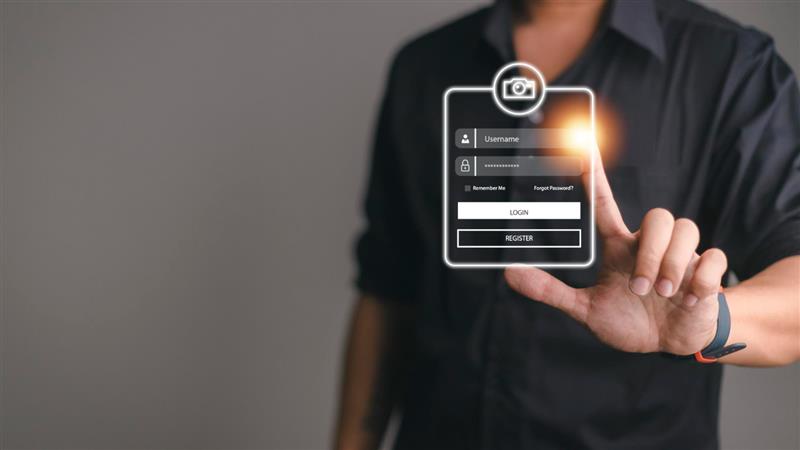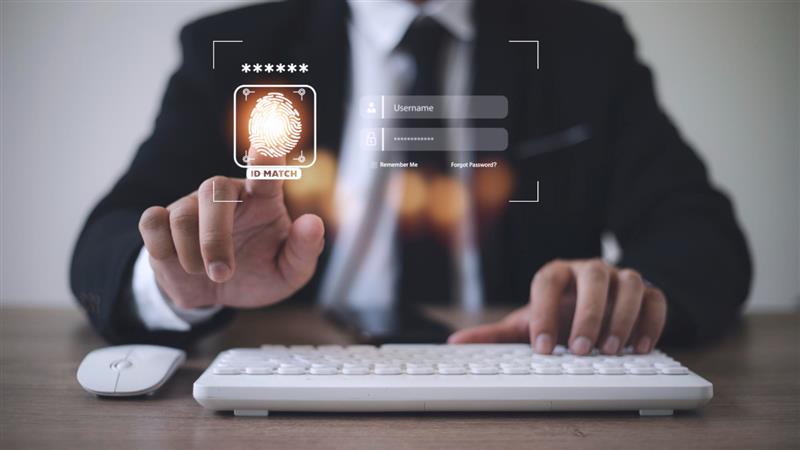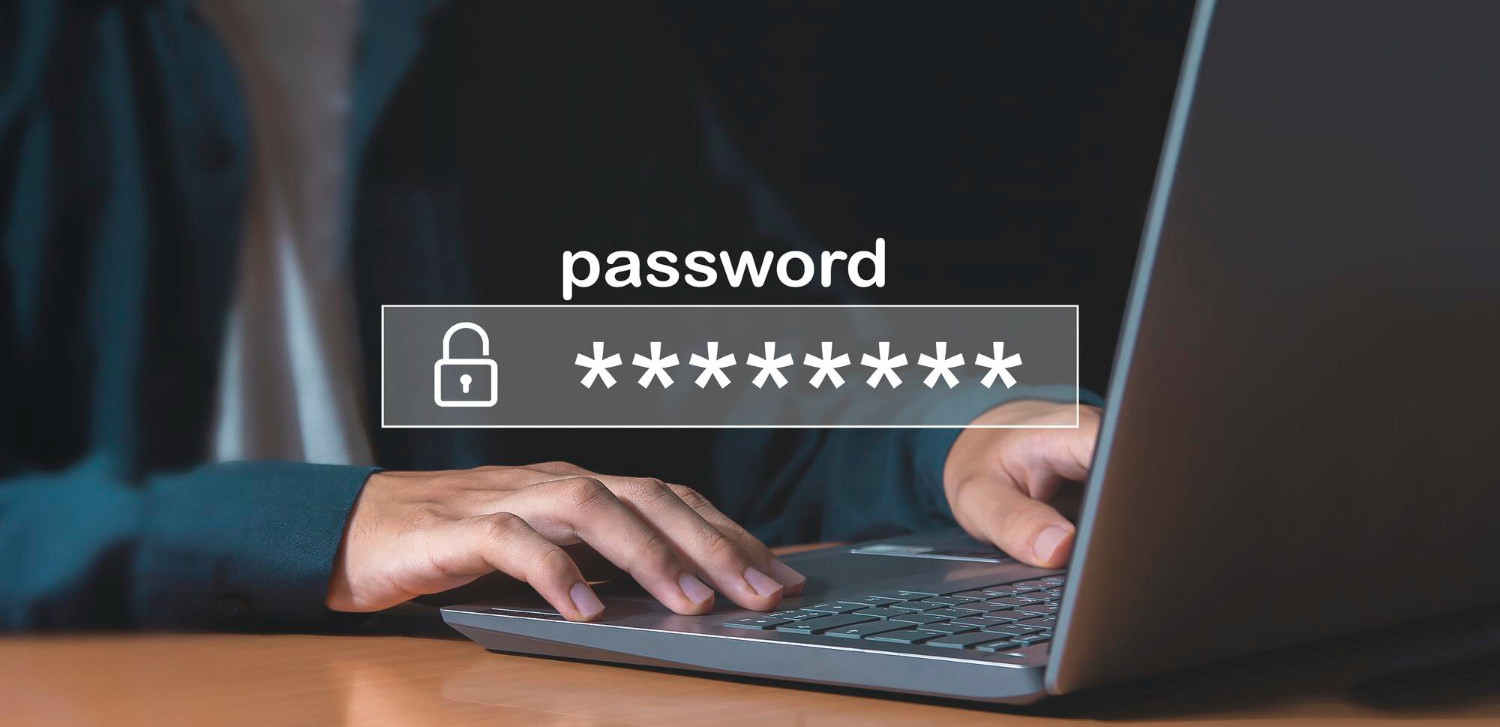SSO for Healthcare: Enhancing Security, Speed, and Seamless Access in Clinical Environments

Clinicians shouldn’t have to fight with login screens to do their jobs. Yet that’s exactly what happens when they’re required to enter passwords dozens of times a day across different systems and devices. We’ve seen firsthand how these interruptions affect not just productivity but also patient care.
That’s where Single Sign-On (SSO) comes in. SSO for healthcare offers a way to streamline authentication across systems while strengthening security and compliance. It’s not just a convenience feature for healthcare; it’s a game changer.
What is SSO in the Context of Healthcare?
SSO solutions allows a user to log in once and gain access to multiple systems without re-entering credentials. In a clinical setting, that might mean signing in once to access the EHR, PACS, internal messaging, and lab systems.
Healthcare single sign-on ensures that professionals constantly moving between workstations, shared terminals, and mobile devices can stay logged in securely and efficiently. They don’t have to stop and type in a new password each time. The experience becomes faster, smoother, and more secure.
The Real-World Impact: Time Saved, Burnout Reduced
A study at Christus Health found that over just one week, 12,903 clinicians logged into their EHR 184,606 times, averaging about 14 re-logins per clinician per day, or roughly 70+ logins per 12-hour shift. That kind of repetition adds up fast.
By implementing single sign on solutions for healthcare like Imprivata, Christus Health significantly reduced login friction saving valuable clinical time and improving staff experience across its facilities. These aren’t just IT wins; they translate into more focus on patients, less burnout, and better care delivery.
When clinicians aren’t wrestling with login prompts, they’re less fatigued, more present, and better equipped to do what they do best.
How SSO Boosts Security in Healthcare Environments?
There’s a myth that ease of access must come at the expense of security. That’s outdated thinking.
Modern healthcare SSO solutions support:
- MFA (Multi-Factor Authentication)
- Zero Trust policies
- Role-Based Access Control (RBAC)
- Least Privilege principles
- AI-driven anomaly detection
By consolidating identity management, SSO healthcare actually reduces the attack surface. Instead of dozens of credentials floating around, access is managed through a centralized system with strong identity proofing and authentication methods.
We’ve also seen how healthcare single sign on enables faster incident response. With better logs and visibility, IT can quickly trace access patterns and isolate risks.
Supporting Regulatory Compliance with SSO
From HIPAA to GDPR to FIDO2, compliance is a constant concern in healthcare. Single sign on healthcare makes it easier to meet regulatory demands by centralizing access controls, ensuring traceability, and enforcing stronger authentication.
Most compliance audits now expect organizations to show how access is granted, logged, and revoked. With SSO for healthcare, you have that information at your fingertips.
SSO and Clinician Workflow Efficiency
Picture this: A doctor taps a badge or scans a fingerprint and instantly accesses their virtual desktop with all their sessions restored. No password. No delay.
This is tap-and-go access, and it’s a powerful application of hospital SSO.
We’ve seen hospitals integrate healthcare SSO into shared workstations, EHRs like Epic, Office 365, and mobile apps. The result is consistent, fast access across environments, especially useful in emergencies, where every second counts.
Building the Right SSO Solution for Healthcare IT
Single sign on healthcare systems need to work across both old and new technology. Some key considerations include:
- Legacy + Modern Compatibility: One of the biggest challenges we see is bridging old systems with new ones. Healthcare still relies on legacy protocols like LDAP, RADIUS, and Kerberos. A strong SSO for healthcare solution must support both these and modern standards like SAML, OAuth, and OpenID.
- Directory Integration: Integration with Active Directory, Azure AD, or your HR system is key. It allows for automated provisioning and deprovisioning, so staff get the right access on day one, and lose it immediately when they leave.
- Support for Remote and Telehealth Access: As more care moves online, clinicians need secure access from home or mobile devices. SSO for healthcare, combined with MFA solutions and device trust, provides that seamless and secure experience.
- Device and MDM Compatibility: SSO medical environments demand compatibility with mobile device management tools. Whether managing mobile devices, virtual desktops, or kiosks, access must stay secure and consistent.
How SSO Powers Broader IAM Strategy?
Healthcare single sign on isn’t just a standalone feature. It’s a gateway to modern identity and access management.
With the right setup, SSO allows healthcare organizations to:
- Implement Zero Trust authentication without slowing down staff
- Use behavioral context for real-time access decisions
- Combine SSO healthcare with biometric authentication and passkeys
- Establish detailed access policies across departments
It’s not just about faster logins; it’s about smarter identity governance.
Key Considerations Before Implementing SSO in Healthcare
We always advise our partners to start with cross-functional planning. Security, IT, compliance, and clinical leaders all need a seat at the table.
Map out:
- What systems need access control
- Which users need which levels of access
- What legacy apps require bridging
- What the clinician workflow looks like today
A phased rollout — starting with high-impact areas like EHR and messaging helps ensure adoption and minimizes disruption.
Why SSO Alone isn’t Enough: The AuthX Perspective?
At AuthX, we believe SSO for healthcare is foundational but it’s just the beginning.
We’ve built our platform to go beyond single sign on healthcare by integrating:
- Biometrics (face, iris, fingerprint)
- Passkeys (phishing-resistant, device-bound credentials)
- Contextual MFA (triggered only when risk is high)
- Session intelligence (monitoring behavior to detect anomalies)
In our view, a great access experience balances convenience with control. SSO for healthcare helps you get there; AuthX helps you go further.
ROI That Speaks to Your CFO
Let’s break it down:
- 45 minutes saved per clinician per shift
- Fewer passwords reset tickets (which cost ~$70 each)
- Lower breach risk (which can cost millions)
When you look at the numbers, the value of SSO for healthcare is clear. It boosts productivity, protects patient data, and reduces IT strain.
Final Thoughts: Secure Access Shouldn’t Slow You Down
We hear this all the time: “Security slows us down.”
But what if access could speed you up?
With SSO, especially when paired with biometrics and passkeys, you’re not just reducing friction. You’re giving time back to clinicians, protecting patient data, and enabling smarter care delivery.
That’s why we built AuthX. Because secure access shouldn’t come at the cost of care.
Ready to Rethink Access for Your Healthcare System?
Let’s talk. Book a demo or Explore how AuthX works in healthcare.
FAQs
What is SSO in healthcare?
SSO lets healthcare staff log in once to access all their apps without repeated password prompts.
How does SSO improve clinician workflows?
It reduces time spent logging in and helps clinicians move quickly between systems.
Is SSO compliant with HIPAA and other regulations?
Yes, especially when combined with MFA, audit logs, and access control policies.
Can SSO integrate with legacy systems?
Absolutely. Modern SSO supports LDAP, Kerberos, and other older protocols.
What’s the ROI of deploying SSO in a hospital?
SSO can save hundreds of hours annually, reduce IT costs, and lower security risks.






